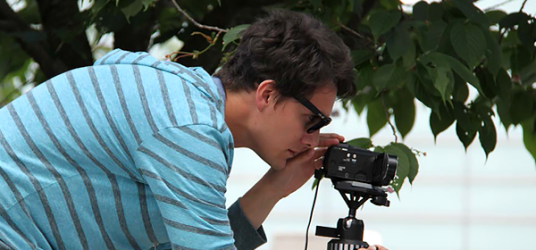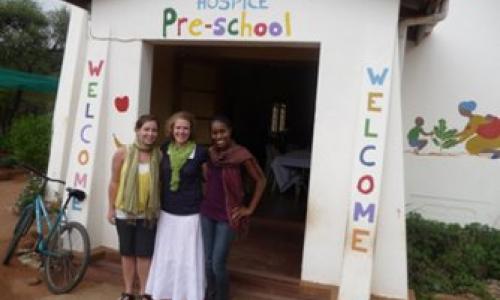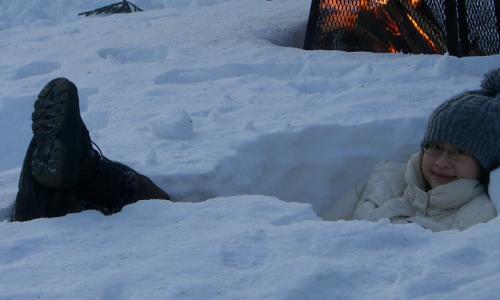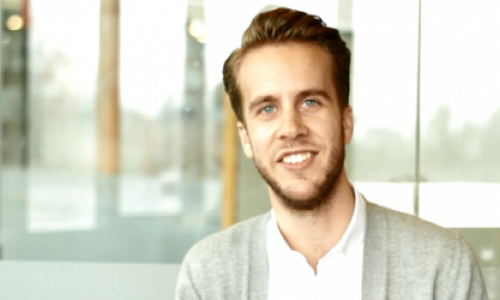
This article was originally published in the Arts Connect Co-op Newsletter in Spring 2012.
Even before the first month of my one year co-op contract with Aboriginal Affairs and Northern Development Canada (AANDC) was over, I knew that my co-op experience was going to be different from what I had ever suspected I was getting myself into. As a graduate student in Political Science at SFU, I had been educated in the notion that employment in the federal public service was a disinteresting affair—where able civil servants, both young and old, dutifully fulfilled the mandates of their respective directorates without becoming personally or emotionally invested in the work at hand.
After meeting a host of colleagues and partners a few weeks into my first term, and starting several exciting projects, I knew that working with the Communications team in the BC Regional office of AANDC was an experience that would engross my strengths, challenge my limitations, and inspire care for the work I would be doing.
Prior to AANDC, I had not worked in professional communications. Yet, when I accepted the position, the challenges seemed familiar. I would simply be transferring my technical training from the study of politics, to the articulation of political products to non-academic audiences. Years spent honing effective essay writing skills had already prepared me for the rigours of “selling the message.” As luck would have it, the forethought I relied upon would pale in comparison to the diversity of opportunities that were waiting throughout my year in communications.
Working in the communication department brought me very close to the interests and issues at play with First Nations communities in BC. Being a student from Ontario, I had little background knowledge of the First Nations in this province. It seemed I was double-burdened and playing catch-up. My unit saw it differently. Instead of a student who needed a crash-course in the basics of the business lines, I was instead seen as someone who could bring a flare for fresh ideas and abilities to help creatively engage with the communication needs of First Nations, stakeholders, and internal audiences.
To this end, I was given a myriad of projects that exposed me to the stories First Nations had to share, the confidence to liaise between multiple external organizations; and the corporate knowledge of how to successfully navigate life in bureaucracy. During my first term I was intimately involved in organizing our region’s only province wide First Nations communications conference—which brought First Nations leaders together with tech and media savvy businesses to explore the ins and outs of strategic communications. Taking a change in pace, during my second term I was given the project lead on editing and redesigning a publication dedicated to informing First Nations on upcoming legislative changes to legal procedures. Finally, with these completed, my third (and last) term brought a whole new set of opportunities. I was given ownership of our internal daily newsletter, our monthly report on media analysis, and produced responses to media enquiries and bi-weekly regional reports for our colleagues in the Ottawa headquarters.
Most importantly, under the guidance of my team, I was able to listen to First Nations directly, to hear their words, and to communicate their stories. The experience has been one I would gladly have again. Not only have I learned how to succeed in a professional environment outside of my academic training, but I have also learned how passion and work in the civil service can complement each other to produce an extremely rewarding experience. As I move on from these past three terms with the Communications team at AANDC these lessons will continue to serve my time in co-op at SFU, and my exploration of future career paths within the federal government
Beyond the Blog
-
To learn more about opportunities like Gregory's, visit the Co-op homepage.















